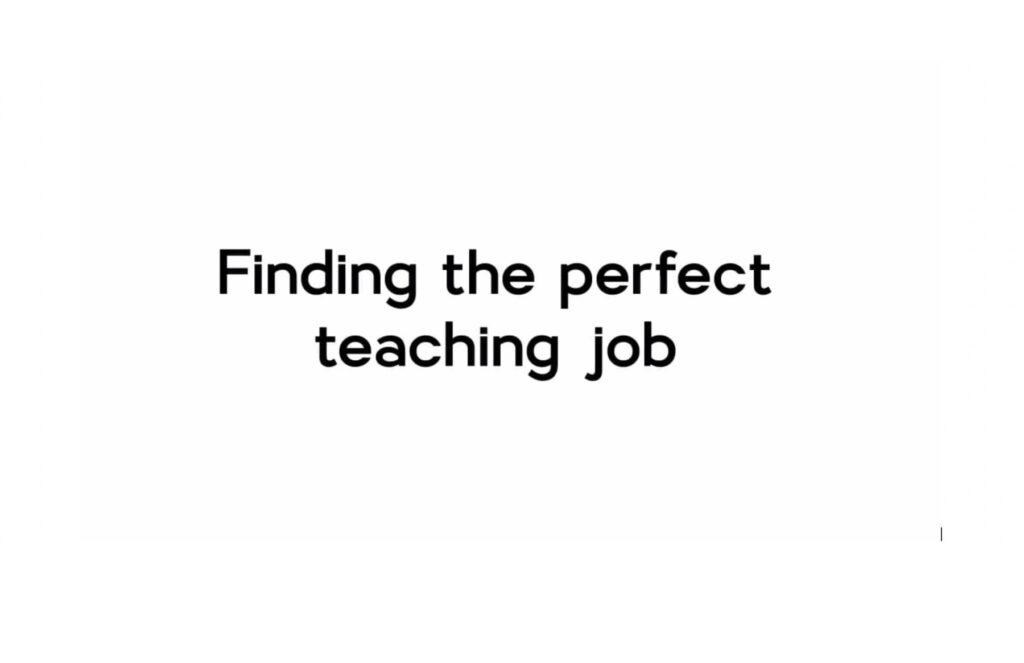
What’s the idea? Research and record is a type of active feedback that involves students improving the quality of their work by including wider references and/or insight gained through further research. What does it mean? Research and record involves encouraging students to develop the scope of their ideas and insight using independent research. This intentionally […]

What’s the idea? Using a range of effective marking strategies in your daily teaching practice ensures that timely, effective feedback can be sustained without creating an unmanageable workload. What does it mean? Managing marking is one of the greatest workload challenges faced by teachers. With growing class-sizes, many teachers find themselves responsible for reading and […]

All teachers (across every subject) should deliberately, systematically and enthusiastically teach reading skills. Reading out loud, as a class, is an excellent way to build this skill. What does it mean? As Lemov states in Teach Like A Champion 2.0, ‘reading is the skill.’ (p. 249) When students can read well, they can access the […]

Like reading or writing, oracy is a skill which should be taught explicitly across all subjects. You can develop rhetoric by providing regular opportunities for all students to engage in structured speech events. What does it mean? Verbal communication skills are crucial to success in academic life and beyond. Structured speech events are planned activities […]

In the right context, and well planned, collaborative learning (or group work) can be an effective activity to complement direct teacher instruction. What does it mean? Learning to work collaboratively to solve problems, come to a consensus or create a group performance/presentation is an important academic and social skill, which needs to be taught explicitly. […]

Teachers need to design learning so that students have a chance to check what they have learned, reinforcing their memory and understanding through retrieval practice. What does it mean? Unless students generate information from memory without support, they and their teachers can’t be sure they’ve learned or understood it properly. It’s all too easy to […]

Teachers must ensure that all students, including the highest attainers, are challenged to achieve excellence. This demands certain attitudes, curriculum planning and in-class approaches. What does it mean? There are three main areas that need attention for you to get stretch and challenge right: Mindsets and beliefs: Teachers need to believe it’s possible for students […]

It’s a common misconception that differentiation is about personalising learning at all times. Rather, it’s a pragmatic process that enables teachers to maximise each student’s learning in the long-term. What does it mean? Any group of students is ‘mixed ability’ – each learner will progress at different rates with different concepts. This doesn’t mean teachers […]

Homework can be a powerful means of supporting student learning and study habits, provided it is designed appropriately. What does it mean? Studies into the effectiveness of homework are very mixed. Typically, as Hattie’s (2008) research shows, it makes a much bigger impact for older, higher-attaining students in secondary, rather than primary, settings. This is […]

Extended projects or investigations can be motivating and productive learning experiences when included as part of a student’s overall curriculum. What does it mean? An extended project is where students do a deep dive into a particular area of the curriculum at a scale and in a timeframe that normal lessons don’t allow for. Projects […]

In a changing and uncertain world, most of us can agree that education is one of the single most important things in society today. Aside from imparting knowledge, it shapes who we are as people. Most of the top scientists I meet have something in common – they can all tell you the name of […]

The recent development of ‘truth decay’, the diminishing role of facts and analysis in public discourse, makes the turn towards a knowledge-rich National Curriculum seem particularly welcome and well-timed in England. The National Curriculum in 2014 gave a steer towards knowledge but the current development of a revised school inspection framework is really focusing minds […]

As you watch the webinar, here are some supporting resources from the Chartered College to explore as you go: The Profession: the publication for early career teachers Relationship-building from day one: A simple technique to build rapport and recognise new students’ needs Video-enhanced observation: a new window on lesson feedback in a PGCE school placement […]

Following the Children and Families Act in 2014, access to resources within ‘Special Educational Needs and Disability’ (SEND) legislation in England is changing. Autism Spectrum Disorder (ASD), which requires a medical diagnosis, is the documented need on 28.8% of ‘Education, Health and Care Plans’ (EHCP) – the highest proportion of any ‘diagnosis’ (DfE, 2018). Specific […]

In this webinar, we hosted a panel of educationists including secondary physics teacher, Gethyn Jones MCCT and Director of Teaching and learning Ela McSorely FCCT, to provide advice and tips on how to support pupils through exams.

We hosted a panel of educators, including an early career teacher, a primary headteacher and a previous assistant headteacher, to share advice and guidance for students searching for their first teaching position.

Where are we now? Having worked at the same school for almost two decades, I have witnessed many changes over the years. Seating plans, for example, have evolved from being mapped out in your head, to being scribbled down on a piece of paper, to finally being entered onto complex digital templates. What was once […]

It contains clear guidance from classroom practice and some surprising, often counterintuitive insights from psychology about how learning happens. What is it about? The book explores two main themes: Learning and Thinking (part 1), and Motivation and Behaviour (part 2). There is also a third part that explores some controversies. The book covers many topics […]

All 62 well-defined techniques are mutually reinforcing and form a coherent overall guide. What is it about? Teach Like A Champion is a set of ‘field notes’ that explain a range of techniques that cover a teacher’s core repertoire. There are four parts that form the underlying principles for Lemov’s approach: Part 1: Check for […]

Preparing young people for the future with lessons from the past. What is it about? In search of the ideal education for his daughter, the author Martin Robinson turns to three of the classical arts – grammar, dialectic and rhetoric (trivium). He then explores how a modern version of this could serve as a blueprint […]




















